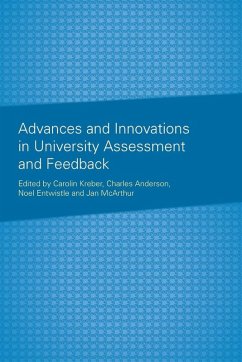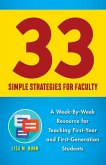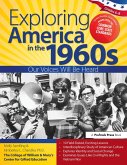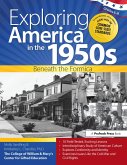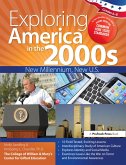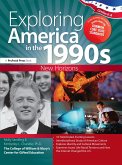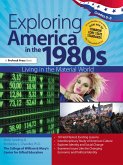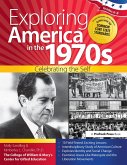Our understanding of the purposes of assessment and the nature of assessment practices in higher education has changed markedly over the past forty years. These changes are a response not only to recent developments in our conceptualisations of student learning but also to the demands a rapidly changing and increasingly complex world places on students. This book contains new perspectives on assessment and feedback provided by world renowned researchers on issues that are currently of great interest to both academic managers and teaching staff, as they try to make courses more effective and more appealing at a time when universities compete for incoming students. Rather than simply sharing recent inventions in assessment and feedback, the contributors to this book highlight the linkages between these innovations and new theorising and empirical research on assessment and student learning, thereby offering practices that are not only pioneering but evidence-based.
Dieser Download kann aus rechtlichen Gründen nur mit Rechnungsadresse in A, B, BG, CY, CZ, D, DK, EW, E, FIN, F, GR, HR, H, IRL, I, LT, L, LR, M, NL, PL, P, R, S, SLO, SK ausgeliefert werden.

